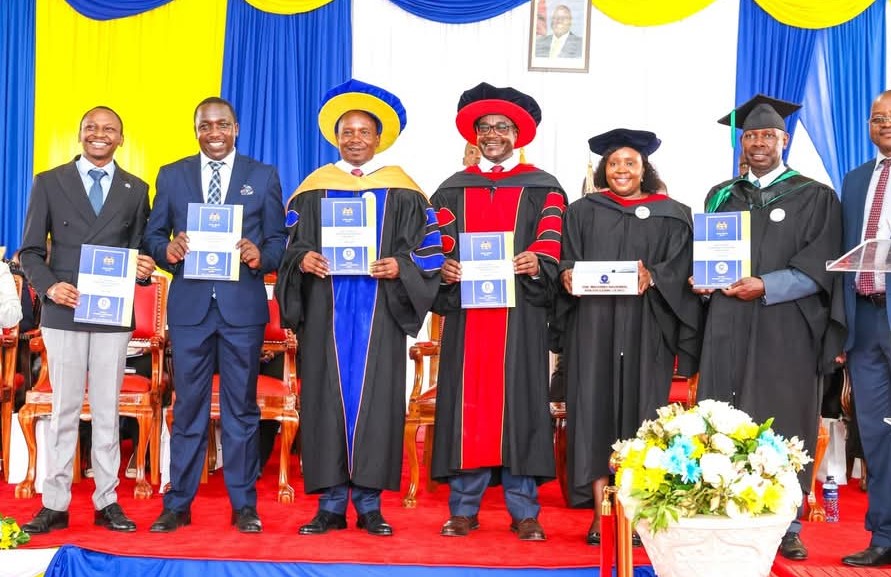The government has made significant progress in reforming the Technical and Vocational Education and Training (TVET) sector to align it with global trends and to meet the needs of a growing workforce.
Speaking at the inaugural graduation ceremony of Michuki National Polytechnic, Deputy President Prof.
Kithure Kindiki emphasized the crucial role of the TVET sector in developing a workforce that is skilled, adaptable, innovative, and ready to meet the demands of both present and future industries. "The future of our economy lies in the hands of a technically empowered workforce," he stated, adding, "Through TVET institutions, we are not just training job seekers; we are nurturing creators, innovators, and problem-solvers who will lead the transformation of our nation." The Deputy President said as part of the reforms, the government has adopted a modular approach to Competency-Based Education and Training (CBET), breaking it down into short, examinable competency units.
These units, he noted, lead to micro, partial, or full qualifications, which could be completed within a period of three to six months. "The introduction of micro-credentials offers a powerful tool for flexible, demand-driven training that responds to the dynamic needs of the labor market," Kindiki explained. "To advance the TVET agenda, the government has also remained committed to strengthening the capacity of training institutions by equipping them with state-of-the-art tools and technology," he said.

